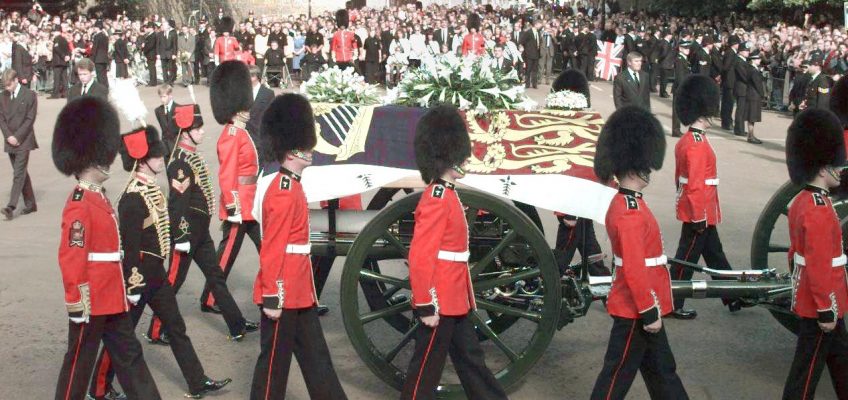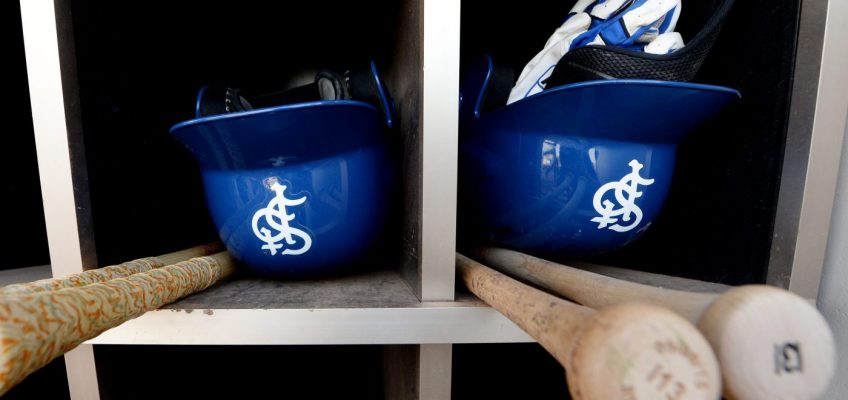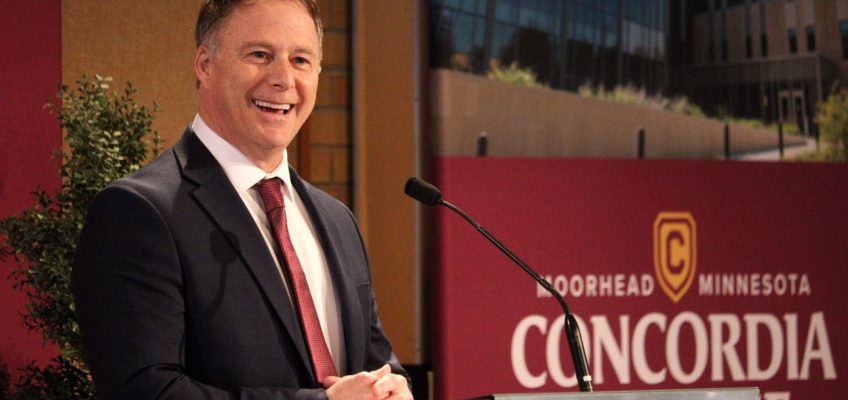Today is Friday, Sept. 6, the 250th day of 2024. There are 116 days left in the year.
Today in history:
On Sept. 6, 1997, a public funeral was held for Princess Diana at Westminster Abbey in London, six days after her death in a car crash in Paris.
Also on this date:
In 1901, President William McKinley was shot and mortally wounded by anarchist Leon Czolgosz (CHAWL’-gawsh) at the Pan-American Exposition in Buffalo, New York. (McKinley died eight days later and was succeeded by his vice president, Theodore Roosevelt.)
Related Articles
Wild rice harvesters come across ancient remains on shores of Leech Lake
Today in History: September 5, Munich Olympics massacre
Today in History: September 4, confirmation hearings begin for future Supreme Court Justice Brett Kavanaugh
Today in History: September 3, automobile driven more than 300 mph for first time
Today in History: September 2, Diana Nyad swims from Cuba to Florida without a shark cage
In 1949, Howard Unruh, a resident of Camden, New Jersey, shot and killed 13 of his neighbors. (Unruh, who was diagnosed with paranoid schizophrenia, was incarcerated for 60 years until his death in 2009.)
In 1972, the Summer Olympics resumed in Munich, West Germany, a day after the deadly hostage crisis that left eleven Israelis, five Arab abductors and a West German police officer dead.
In 1975, 18-year-old tennis star Martina Navratilova of Czechoslovakia, in New York for the U.S. Open, requested political asylum in the United States.
In 1995, Baltimore Oriole Cal Ripken Jr. played in his 2,131st consecutive game, breaking Lou Gehrig’s 56 year-old MLB record; Ripken’s streak would ultimately reach a still-record 2,632 games.
In 2006, President George W. Bush acknowledged for the first time that the CIA was running secret prisons overseas and said “tough” interrogation techniques had forced terrorist leaders to reveal plots to attack the United States and its allies.
In 2018, the Supreme Court of India decriminalized consensual sex between adults, legalizing homosexuality in the country.
In 2022, Liz Truss began her tenure as U.K. prime minister; she would resign just 49 days later.
Today’s Birthdays:
Comedian JoAnne Worley is 87.
Cartoonist Sergio Aragonés is 87.
Country singer-songwriter David Allan Coe is 85.
Rock singer-musician Roger Waters (Pink Floyd) is 81.
Comedian-actor Jane Curtin is 77.
Actor-comedian Jeff Foxworthy is 66.
Former New Jersey Gov. Chris Christie is 62.
Television journalist Elizabeth Vargas is 62.
Country singer-songwriter Mark Chesnutt is 61.
Actor Rosie Perez is 60.
R&B singer Macy Gray is 57.
Actor Idris Elba is 52.
Actor Justina Machado is 52.
Actor Anika Noni Rose is 52.
Actor Naomie Harris is 48.
Rapper Foxy Brown is 46.
Actor/singer Deborah Joy Winans is 41.
Actor-comedian Lauren Lapkus is 39.
Actor Asher Angel is 22.




